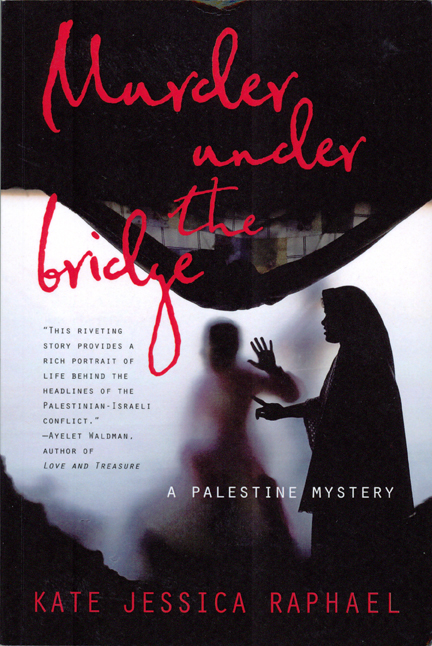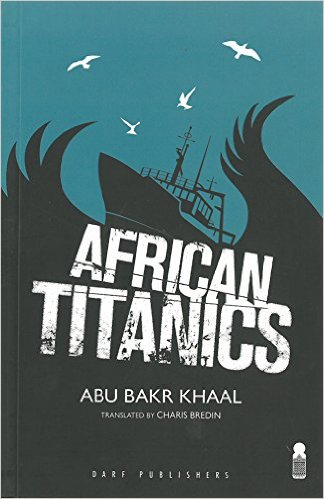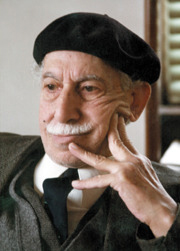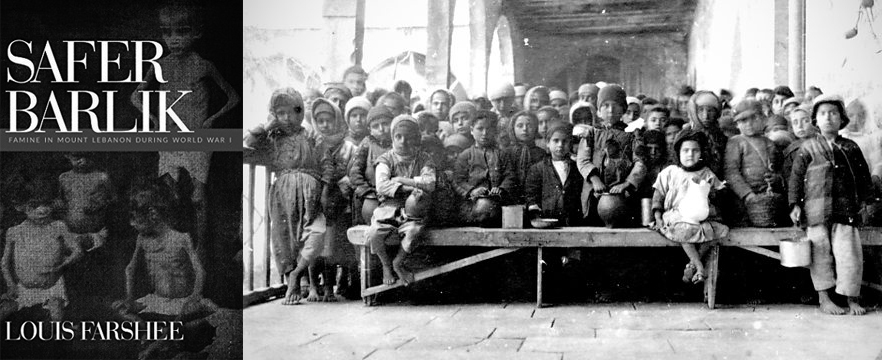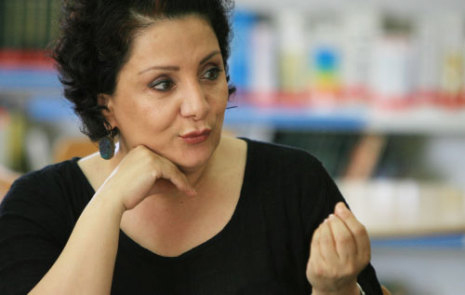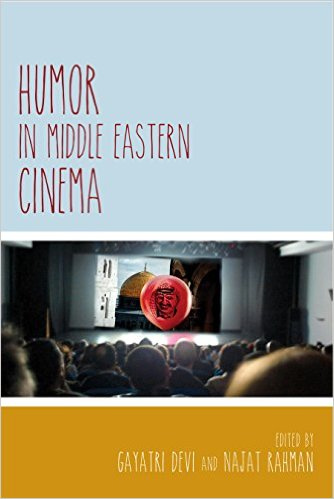‘Life without a Recipe’: The Ingredients of a Multicultural Life
Life Without a Recipe
By Diana Abu-Jaber
W.W, Norton & Co., 2016
Proust may have had his madeleines, but Diana Abu-Jaber has her father’s grape leaves, her grandmother’s Catholic cookies, and her teta’s kknafeh. In “Life Without a Recipe,” all roads lead to the kitchen, a place of healing, love, boundaries and family.


